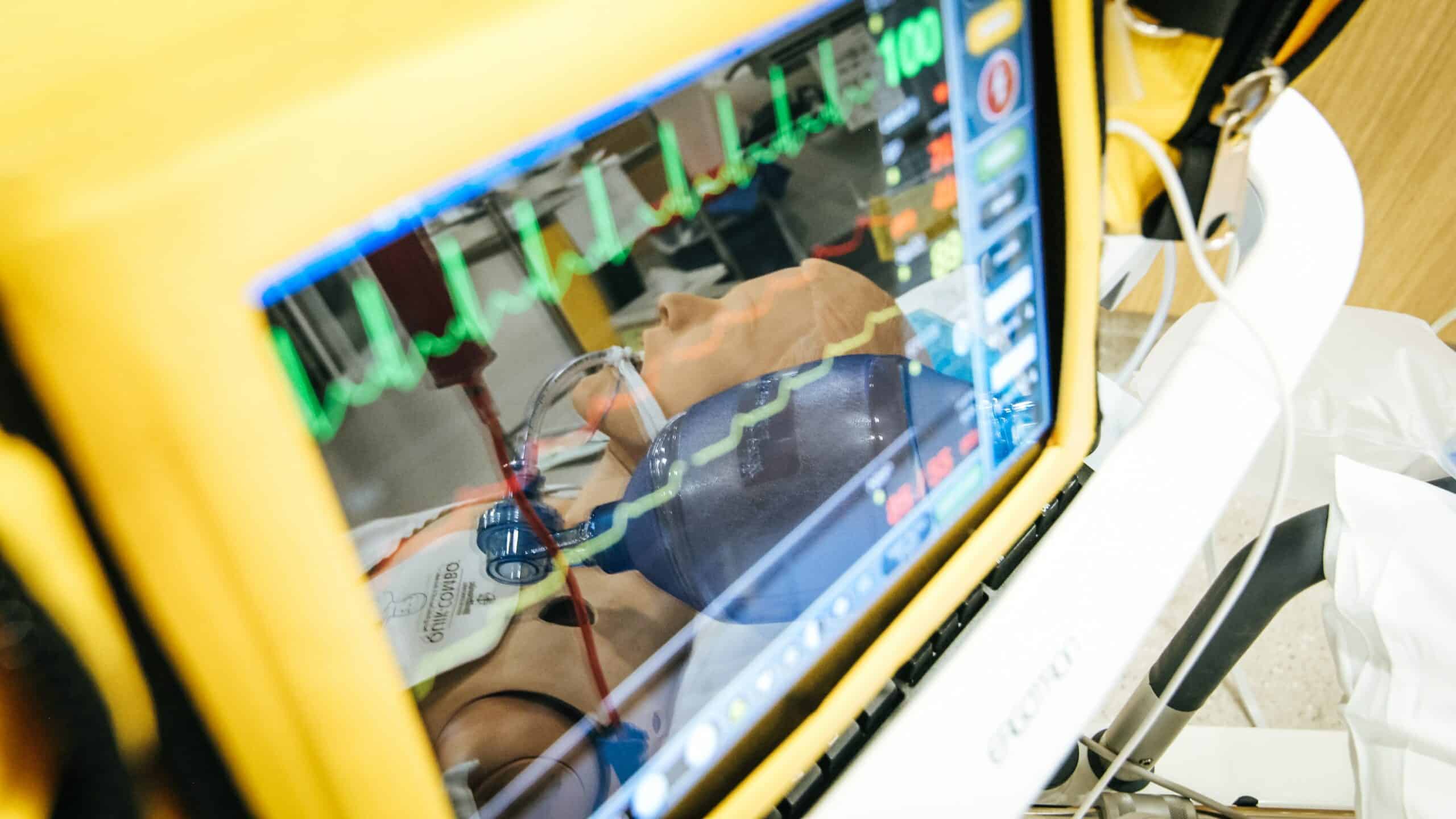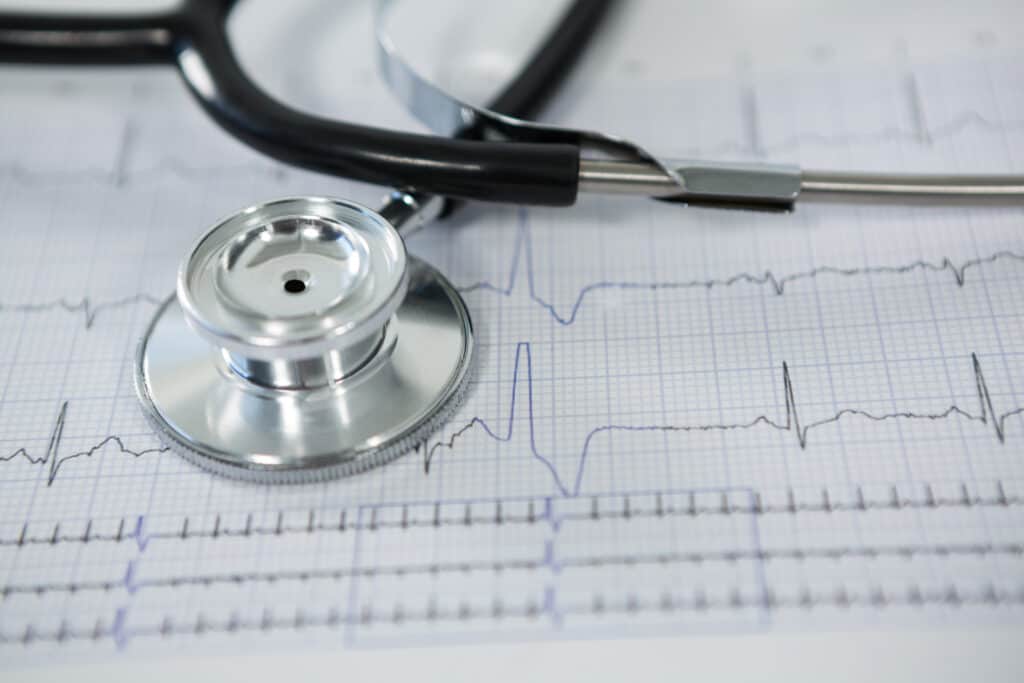The Top 4 Must Know Benefits Of A Portable ECG Machine

What is a portable ECG machine ?
An electrocardiogram, commonly referred to as an ECG machine, is a medical tool used to document the electrical activity of the heart. Heart wave recordings with a portable ECG are now achievable because of advancements in electronic sensor technology. The development of portable devices that may be utilized outside of a hospital setting and the rise in outpatient care are two factors that are driving the switch to a home ECG machine. The hospital-to-personal ECG machines are a new type of ECG device as a result of this change.

Home ECG machines come in a variety of designs on the market; some are compatible with smartphones, while others are standalone devices with built-in finger and chest electrodes and recording storage, making them more user-friendly.
Portable ECG machines are intended for use by paramedics in the field and at home. Personal ECG machines are small, battery-powered devices that can record heart rhythms on an SD card after detecting them. Additionally, it has the ability to transmit the recorded data to a distant server for analysis.
The Benefits Of A Portable ECG Machine
1. Measure irregular heartbeats while performing daily tasks
It is essential to have a portable electrocardiogram (ECG) machine evaluate your heart rate while you go about your everyday activities, with the exception of when you are bathing or taking a shower. This is because these activities can affect the accuracy of the reading. You can also link some wireless devices to the electrodes and monitor them wirelessly so as to decrease the amount of distraction they cause.
2. Remain at your house and monitor with a home ECG
Most people would rather receive care at home if it were possible to avoid going to the hospital. Therefore, it is frequently desirable to use a portable ECG machine and have family assistance. With modern technology like wireless ECG, tiny ECG monitors, and Internet data transfer between the device at home or anywhere and the hospital, ECG measurements are now simpler than ever.
You will be able to save money by avoiding going to the hospital if you use an electrocardiogram machine that is reasonably priced considering the work that it is capable of doing. You have a better understanding of the information provided by the apparatus that is connected to the action of your heart.
3. Utilize as opposed to a Holter Monitor
An alternative to the Holter Monitor, which records heartbeat rhythms, is a home ECG. A Holter monitor is worn for 24 to 48 hours while the subject goes about her daily business. A Holter monitor can identify routine cardiac events, but it is not the best tool for identifying irregular cardiac occurrences.
A Holter monitor is a portable, wearable device that may record the electrical activity of a patient’s heart. It can detect or determine the risk of irregular heartbeats, which is its primary purpose (arrhythmias). If a standard electrocardiogram (also known as an ECG or EKG) does not provide sufficient information regarding the state of the heart, a Holter monitor test may be performed instead.
4. Great For Use In Nursing Homes
The electrocardiogram (ECG) personal monitor is an excellent tool for use by nursing homes and home care providers in monitoring the conditions of their patients and tracking their progression. Patients are able to have access to this service on a more regular basis given that portable electrocardiogram (ECG) monitors are readily available, can be purchased for a reasonable price, and produce accurate readings. The staff working in healthcare facilities can learn to recognize abnormal readings with the help of some training, and in the event of an emergency, the information can be instantly communicated to a doctor or hospital.
Call us right away if you need cardiology supplies like a portable ECG machine or if you have any questions about the cardiology products we carry.
Vasith Faisal is the Medical Equipment Expert at Abonemed LLC. With a background in Computer Science Engineering and a wealth of experience in the healthcare industry, Vasith is well-versed in the latest technologies and trends in medical equipment. He has a proven track record of driving successful initiatives that drive growth and engagement, and is known for his innovative, data-driven approach and his ability to lead high-performing teams. Whether you’re looking for advice on the best products for your healthcare facility or you need support with maintenance and repairs, Vasith is here to help.
